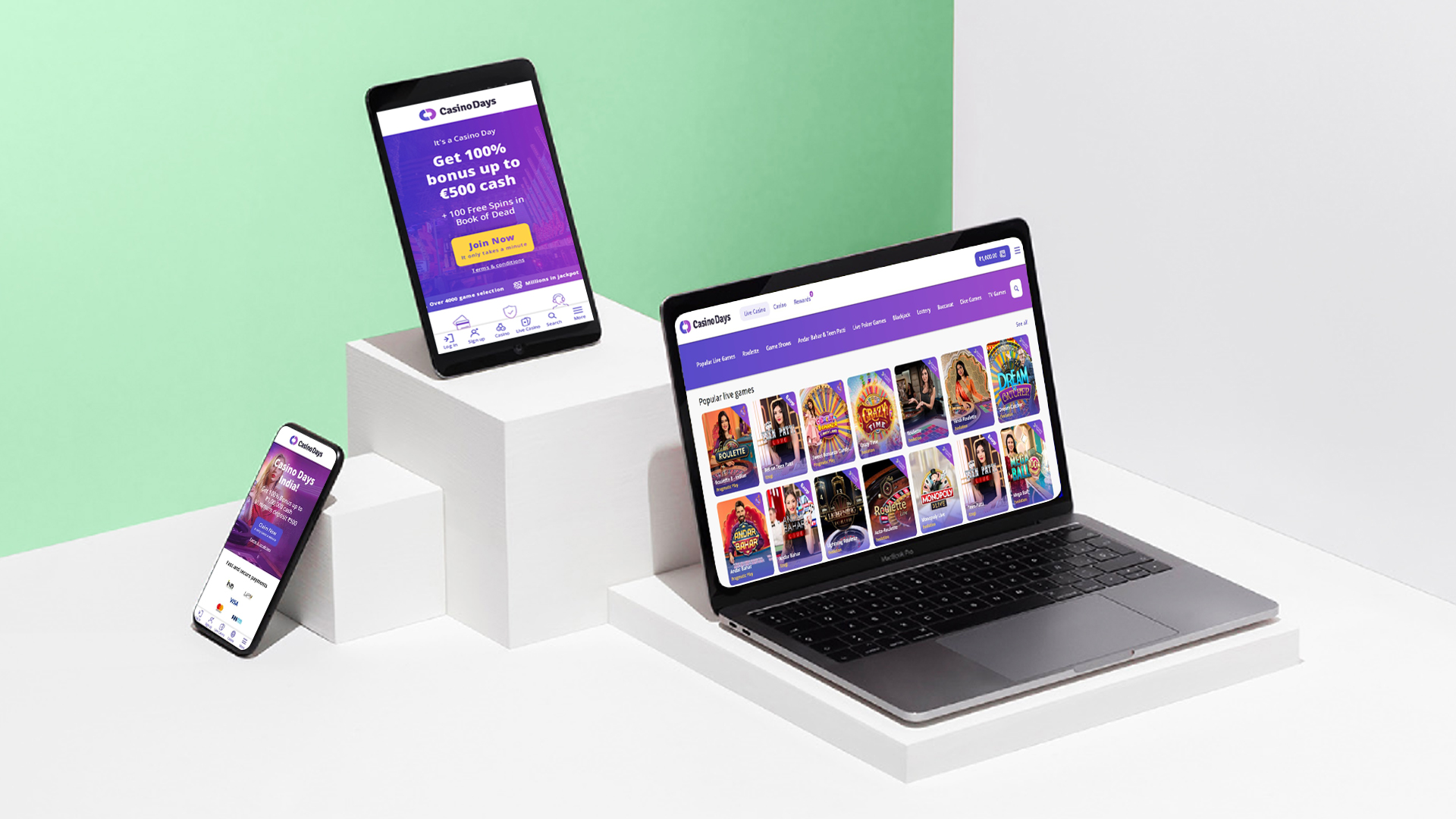Top News
About 87% professionals on LinkedIn feels ”Workplace harassment” is not their taste

A whopping 87 per cent of professionals in India say that harassment prevention at the workplace is a very important trend for the future of hiring and HR compared to 71 per cent globally, a new LinkedIn report said on Thursday.
In India, 50 per cent of hiring professionals said that companies now talk about their harassment policies as part of their pitch to potential hires — nearly double the global average of 29 per cent.
“Anti-harassment is an especially hot-button issue in India,” said the LinkedIn “Global Talent Trends 2019” report that surveyed over 5,000 talent professionals in 35 countries, including more than 400 professionals in India.

While 75 per cent of those surveyed globally noticed some change in workplace dynamics/culture over the last two years, 92 per cent in India said that their company has implemented some harassment prevention action or tactic in the last 12 months or is planning to — which is higher than the global average of 80 per cent.
There has been an over 71 per cent (year-on-year) increase in workplace harassment content shared on LinkedIn.
Employees are starting to feel more empowered to stand up against harassment – not just by calling for change, but by changing their own workplace behaviour, said the Microsoft-owned professional networking platform.
Work flexibility was another important factor in considering a new job.
“About 67 per cent of talent professionals in India agree that workplace flexibility — the option for employees to work when and where they’d like — is extremely important in shaping the future of recruiting and talent,” the findings showed.

Globally, in just the last two years, there’s been a 78 per cent increase in job posts on LinkedIn that mention work flexibility.
In the space of only four years, there’s been a 24 per cent increase in the number of people who say flexible work arrangements are a very important factor when considering a new job.
“With technology easing the way we work, 74 per cent respondents in India believe that the main benefit from allowing employees to work remotely, is enabling them to achieve better work-life satisfaction.
In the opinion of 66 per cent respondents, flexible work hours encourage employee retention.
“Women are 22 per cent more likely than men to cite flexible work arrangements as a very important factor when considering a job, with those aged 36 to 45 being the most likely to do so,” the report said.
The report looked at four key trends impacting the future of HR and the recruiting industry, both globally and in India: Soft Skills, Work Flexibility, Anti-Harassment and Pay Transparency.
“Developing markets like India, Mexico and Brazil assign greater importance to soft skills in shaping the future of recruiting and HR,” said the report.
In India, 87 per cent respondents believe that candidates with strong soft skills will be increasingly important to the success of their organizations, however, only 53 per cent say their companies have a formal process for assessing soft skills.
“Nearly 71 per cent respondents in India agree that the top benefit of sharing salary ranges is fostering greater job satisfaction for employees. That said, 78 per cent also fear that this will create salary disputes among current employees,” the report noted.
Entertainment
Casino Days Reveal Internal Data on Most Popular Smartphones

International online casino Casino Days has published a report sharing their internal data on what types and brands of devices are used to play on the platform by users from the South Asian region.
Such aggregate data analyses allow the operator to optimise their website for the brands and models of devices people are actually using.
The insights gained through the research also help Casino Days tailor their services based on the better understanding of their clients and their needs.
Desktops and Tablets Lose the Battle vs Mobile
The primary data samples analysed by Casino Days reveal that mobile connections dominate the market in South Asia and are responsible for a whopping 96.6% of gaming sessions, while computers and tablets have negligible shares of 2.9% and 0.5% respectively.
The authors of the study point out that historically, playing online casino was exclusively done on computers, and attribute thе major shift to mobile that has unfolded over time to the wide spread of cheaper smartphones and mobile data plans in South Asia.
“Some of the reasons behind this massive difference in device type are affordability, technical advantages, as well as cheaper and more obtainable internet plans for mobiles than those for computers,” the researchers comment.
Xiaomi and Vivo Outperform Samsung, Apple Way Down in Rankings
Chinese brands Xiaomi and Vivo were used by 21.9% and 20.79% of Casino Days players from South Asia respectively, and together with the positioned in third place with a 18.1% share South Korean brand Samsung dominate the market among real money gamers in the region.
Cupertino, California-based Apple is way down in seventh with a user share of just 2.29%, overshadowed by Chinese brands Realme (11.43%), OPPO (11.23%), and OnePlus (4.07%).
Huawei is at the very bottom of the chart with a tiny share just below the single percent mark, trailing behind mobile devices by Motorola, Google, and Infinix.
The data on actual phone usage provided by Casino Days, even though limited to the gaming parts of the population of South Asia, paints a different picture from global statistics on smartphone shipments by vendors.
Apple and Samsung have been sharing the worldwide lead for over a decade, while current regional leader Xiaomi secured their third position globally just a couple of years ago.
Striking Android Dominance among South Asian Real Money Gaming Communities
The shifted market share patterns of the world’s top smartphone brands in South Asia observed by the Casino Days research paper reveal a striking dominance of Android devices at the expense of iOS-powered phones.
On the global level, Android enjoys a comfortable lead with a sizable 68.79% share which grows to nearly 79% when we look at the whole continent of Asia. The data on South Asian real money gaming communities suggests that Android’s dominance grows even higher and is north of the 90% mark.
Among the major factors behind these figures, the authors of the study point to the relative affordability of and greater availability of Android devices in the region, especially when manufactured locally in countries like India and Vietnam.
“And, with influencers and tech reviews putting emphasis on Android devices, the choice of mobile phone brand and OS becomes easy; Android has a much wider range of products and caters to the Asian online casino market in ways that Apple can’t due to technical limitations,” the researchers add.
The far better integration achieved by Google Pay compared to its counterpart Apple Pay has also played a crucial role in shaping the existing smartphone market trends.
Content provided by Adverloom

























